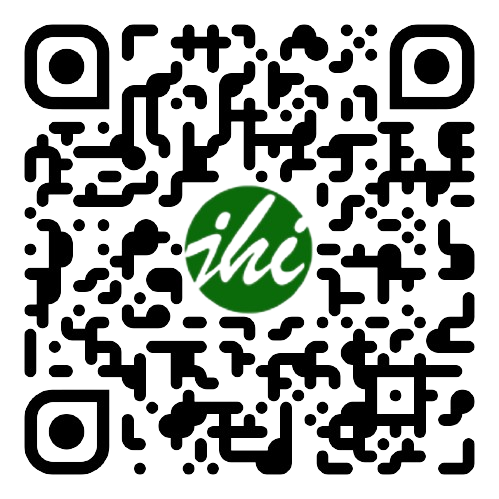BELENGGU TENGKULAK ATAS PETANI PEMBUDIDAYA LELE: Relasi Patron-Klien Budidaya Lele Di Wonotunggal Jawa Tengah
DOI:
https://doi.org/10.28918/jhi.v13i2.488Abstract
Within the context of Indonesia as a muslim majority country, Islamic teaching has been widely implemented throughout the country. As a result, Islamic values have become the foundation and basic values within societal economic practices. These values, among others, include social and economic justice and equality. However, these values are not always implemented when people's injustice and greed are in play. One of the cases that can provide example in this case is the relationship between catfish farmers and distributors in Wonotunggal, Batang, Central Java. As a commodity with high economical value, many farmers grow catfish. Thus, there was a big need for catfish distributors to facilitate the rising numbers of catfish farmers, to help them sell the catfish. However, there were many distributors who made attempt to control the market, which give disadvantages to the farmers. One of the examples of such disadvantageous practices is 'ijon', or lending money to the farmers with high interest. As a result many farmers were trapped into debt. This study aims at exploring the relationship between catfish farmers and distributors in Siwatu Village, Wonotunggal, Batang.
Downloads
Published
How to Cite
Issue
Section
License

This work is licensed under a Creative Commons Attribution-ShareAlike 4.0 International License.
Jurnal Hukum Islam use a variety of waivers and licenses that are specifically designed for and appropriate for the treatment of data:
- Open Data Commons Attribution License, http://www.opendatacommons.org/licenses/by/1.0/(default)
- Creative Commons CC-Zero Waiver, http://creativecommons.org/publicdomain/zero/1.0/
- Open Data Commons Public Domain Dedication and License, http://www.opendatacommons.org/licenses/pddl/1-0/
Other data publishing licenses may be allowed as exceptions (subject to approval by the editor on a case-by-case basis) and should be justified with a written statement from the author, which will be published with the article.













.png)














